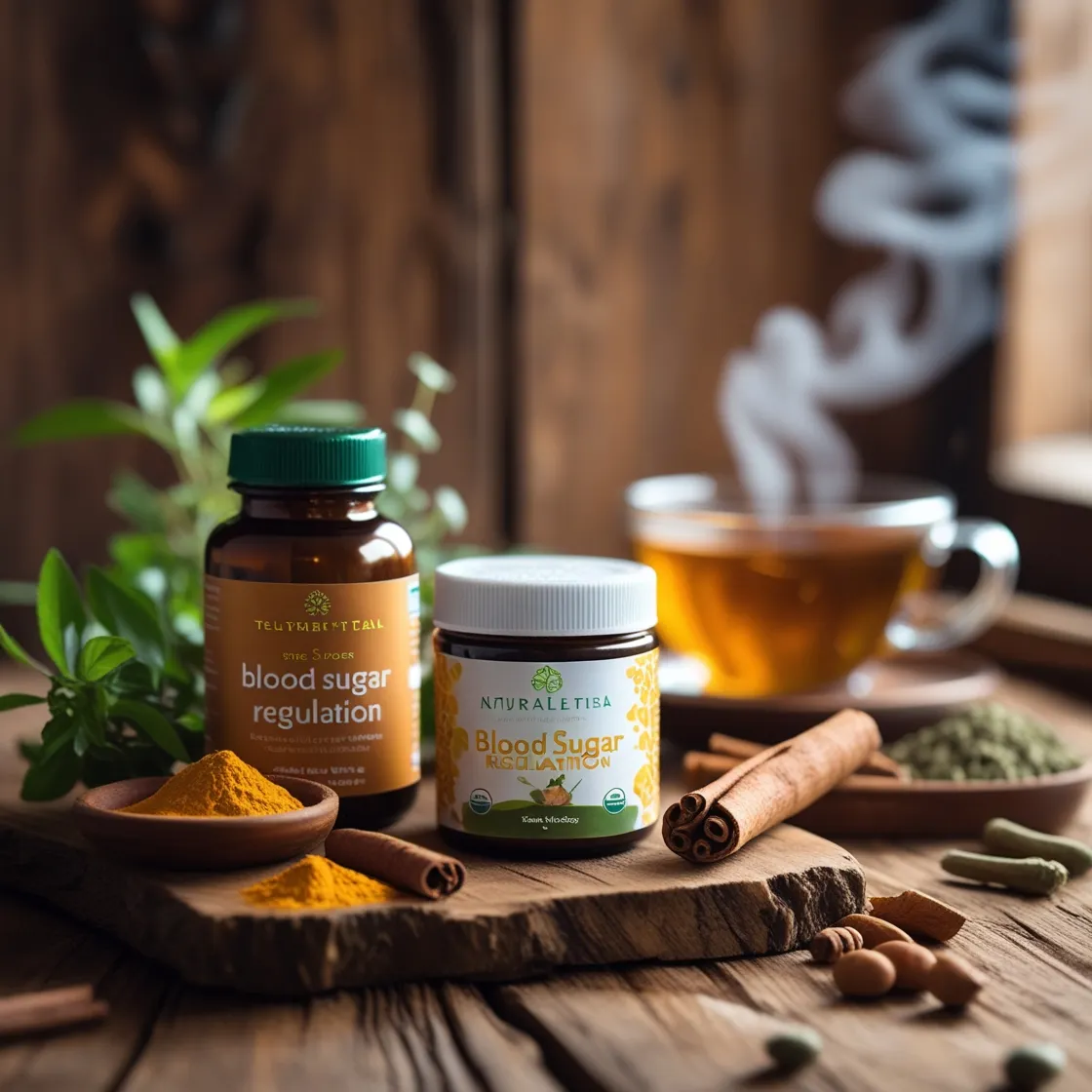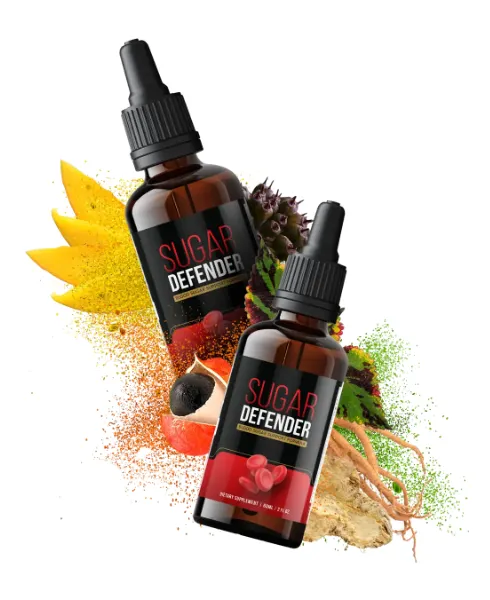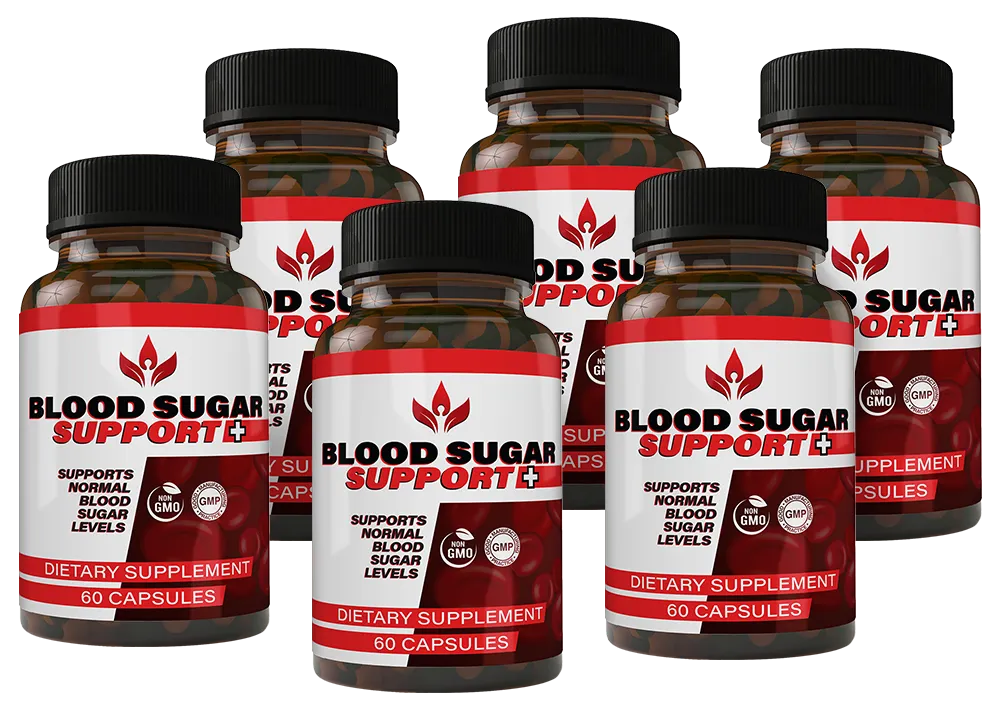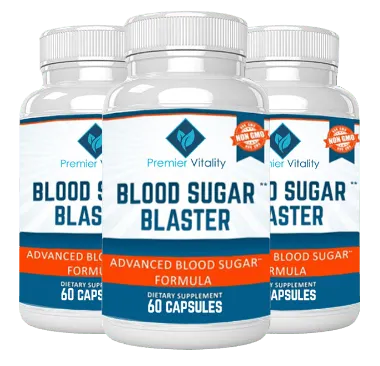Natural Supplements for Blood Sugar Regulation
Okay, let's lay it all out on the table. Handling your blood sugar is no casual Sunday stroll in the park. You could be wrestling with prediabetes, grappling with diabetes, or simply striving for a wholesome lifestyle - it's taxing labor either way. But here's a little secret - some natural supplements could lend you a helpful hand in this journey.
No, I'm not referring to any fantastical quick-fix concoctions peddled by dubious netizens. I'm talking about authentic, scientifically endorsed options that can complement your existing wellbeing routine.
All set to delve into the amazing realm of supplements that can assist in naturally decreasing blood sugar levels? Let’s jump right in!

Cinnamon: Not Just Your Average Spice
You might have typecast cinnamon as a mere embellishment for your apple pie. Time for a plot twist! Research indicates that this fragrant spice is actually a friend of your blood sugar levels. The secret lies in its ability to enhance insulin sensitivity, aiding your body in effectively reducing blood sugar levels.
Don't rush off to pillage your spice rack just yet! Overindulgence in cinnamon (particularly the Cassia type) might backfire. As with anything, moderation is paramount. Don't forget to have a chat with your healthcare advisor before you start showering your food with cinnamon.
Magnesium: The Dark Horse Mineral
Magnesium may not be the superstar when it comes to blood sugar regulation. It's more of an indie film star in the blockbuster world of minerals. Yet, it plays a pivotal role in insulin regulation and glucose control.
If your daily diet is lacking in magnesium, you might be more prone to insulin resistance. Therefore, incorporating magnesium-rich foods or a quality supplement into your routine might be beneficial. But remember, while magnesium might be the quiet hero of blood sugar management, don't expect a blockbuster ending overnight - progress is gradual.
Alpha-Lipoic Acid: The Antioxidant Titan
Alpha-Lipoic Acid (ALA), a potent antioxidant, is no lightweight player. It's been credited with enhancing insulin sensitivity and alleviating symptoms of nerve damage in diabetes sufferers.
What really sets ALA apart is its solubility in both fat and water. This means it can flex its muscles in every cell of your body. In the narrative of supplements, ALA could be compared to a gripping box set thriller (but thankfully, with a less controversial finale).
Chromium: The Unsung Trace Mineral
Chromium might seem like the underdog of this list, but it’s not to be underestimated. This humble trace mineral has been associated with improved insulin sensitivity and glucose control, making it a popular ally in diabetes management.
However, the story of chromium research is much like binge-watching a popular series. Some episodes (studies in our context) are gripping and meaningful, others leave you feeling slightly deflated. Therefore, while it's potentially beneficial, it's not quite the breakout star of the supplement world.
Green Tea: More Than a Detox Brew
The virtues of green tea are well-documented for its antioxidative and detoxifying advantages. But did you know it can also lend a hand in blood sugar regulation? Boasting an antioxidant known as EGCG, green tea can enhance insulin sensitivity and reduce blood sugar levels.
But let’s keep it real. Drinking green tea is not like winning a golden ticket to Willy Wonka’s factory - it won't deliver instantaneous, everlasting results. It's a supplement to your diet, not an express solution.
Wrapping Up
So, there you have it - a buffet of supplements that might aid in naturally reducing blood sugar levels. But bear in mind, they're not stand-ins for a balanced diet and a healthy lifestyle. They're the unsung session musicians, not the rockstar lead vocalist.
Just like a complex, layered movie plot, blood sugar management is intricate. It calls for a holistic approach, and these supplements are just a minor character in the larger narrative. Hence, always seek advice from your healthcare professional before taking the plunge.
Ultimately, the objective isn’t about discovering a magic potion. It's about doing what's in the best interest of your body and your health. And that, my friends, is a goal worth pursuing.'








